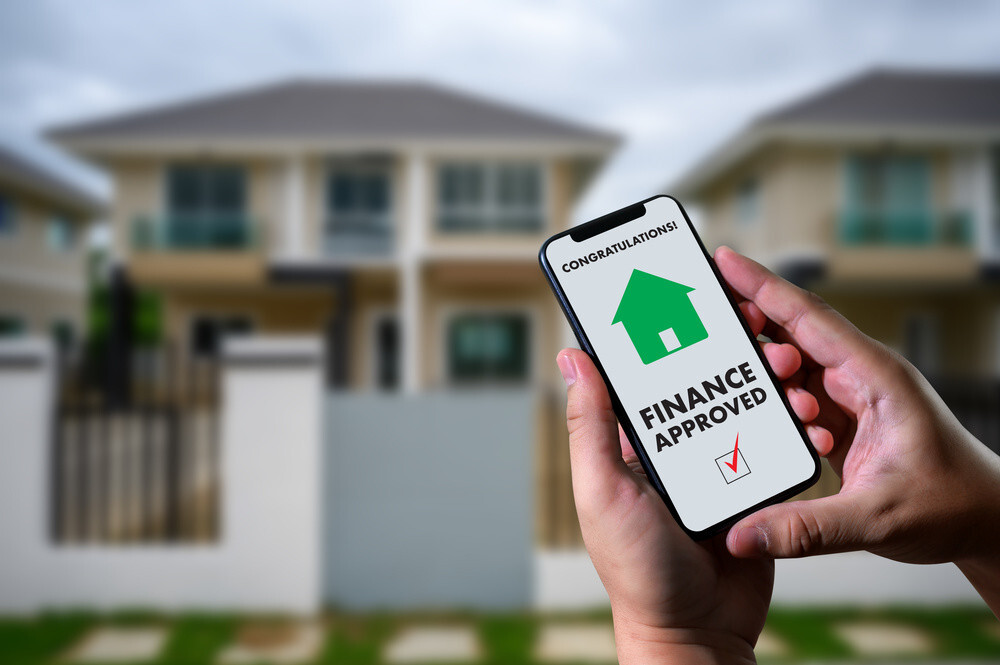Buying a home is no small feat, especially as the hot sellers’ market continues. It’s even harder to do with bad credit.
Entering the house purchasing process with bad credit might make getting a loan seem practically impossible, but fortunately, there are bad credit home loans. So buying a house with poor credit is not as impossible as you initially believed it to be.
We’ll look at ways to purchase a home and find cheap homeowners insurance with bad credit. Although higher credit ratings result in more favorable loan conditions, low credit can still buy a property. You can also often find senior discounts for home insurance.
What is considered a bad credit score?
Many lenders don’t need a minimum credit score to buy a home, which most consumers are unaware of.
When it comes to your credit score, a traditional mortgage lender can establish its own standards. When your credit score is below 500, you might find it challenging to get a mortgage and may need to improve your credit rating.
While government-backed loans like those from the Federal Housing Administration (FHA) provide some comfort to mortgage lenders, they still have credit score restrictions, even though they are often significantly lower.
What is the best way to buy a house with bad credit?
In terms of the actual figure, anything below a 670 score can be deemed “poor” or “bad” in the eyes of mortgage lenders. A fair score ranges from 580 to 669, whereas a low grade ranges from 300 to 579.
Since various lenders have different standards, the lender you choose will also be a consideration.
While a negative credit loan is possible, you can expect a larger monthly mortgage payment. Buying a mortgage with bad credit is similar to taking out a bad credit cash loan, like a payday loan — you have to expect to pay high interest.
However, no two cases are alike, and lenders will consider a variety of factors in addition to your credit score, including:
The amount of money the borrower has set aside for a down payment
The borrower’s annual income
The total amount of debt owed by the borrower
Any money the borrower owes to a collection agency
Below are some of the available loan alternatives for borrowers with poor credit and the average credit score criteria for each.
FHA Loans
An FHA loan is one that the government backs, and it requires a minimum credit score of 500. Because of the reduced qualifying standards, FHA Mortgage Loan Processing can be particularly appealing to first-time home buyers.
There are also additional qualifying requirements for FHA loans. For example, an FHA loan can only buy the main house you intend to live in.
Conventional Loans
To qualify for a conventional loan, you don’t need a certain amount of income, credit score, or down payment. A credit score of 620 or higher, on the other hand, usually is necessary to qualify for a conventional mortgage loan.
However, there are several exclusions. Even if your credit score is below 620, you may be able to qualify for a traditional loan if you have a high income compared to your loan amount or a more significant down payment than the minimum.
VA Loans
You may be eligible for a VA loan if you are a veteran or actively serving in the military. The Department of Veterans Affairs backs a VA loan, which allows you to buy a home with no money down. You may be required to pay a one-time funding charge by some lenders.
To qualify for a VA loan, your house must fulfill specific criteria. While there is no minimum credit score to be eligible for the loan, you will typically require a 620 credit score or higher.
USDA Loans
A USDA loan is a government-backed loan backed by the United States Department of Agriculture. You may buy a home in a qualified rural region with no money down with a USDA loan.
To qualify for a USDA loan, most lenders will demand a 640 credit score and other income restrictions related to USDA loans.
Can I purchase a homeowners policy if I have a poor credit rating?
Purchasing a house is a significant investment, so you have to buy homeowners insurance to protect that investment, even if it costs more than you expect.
The good news is that even if you have a low credit score, you should be able to obtain homeowners insurance.
Unfortunately, if you have terrible credit, you may have to pay nearly twice as much for homeowner’s insurance as someone with outstanding credit. Your total rates are also affected by the state in which you live.
There are some actions you can take to get your insurance premium low, thankfully. To begin, look for a homeowner’s insurance coverage that meets your needs.
The top home insurance companies for bad credit vary by location, and not all firms use the same formula to compute premiums.
If you own a car, consider consolidating your home and auto insurance policies with the same company to save a lot of money.
Imani Francies writes and researches for the insurance comparison site, ExpertInsuranceReviews.com. She is a homeowner who stays up-to-date on new purchasing trends to help other new homeowners save money on home insurance.








































